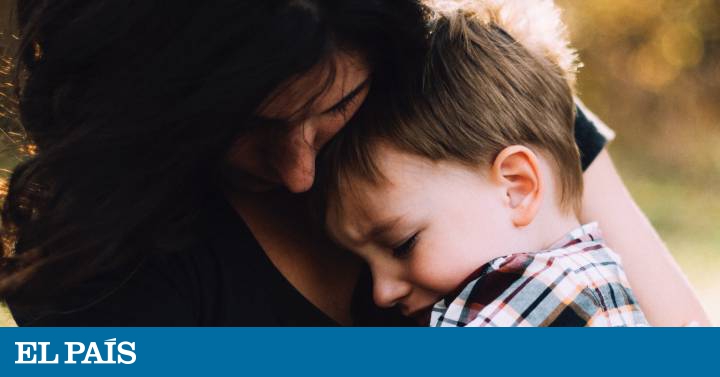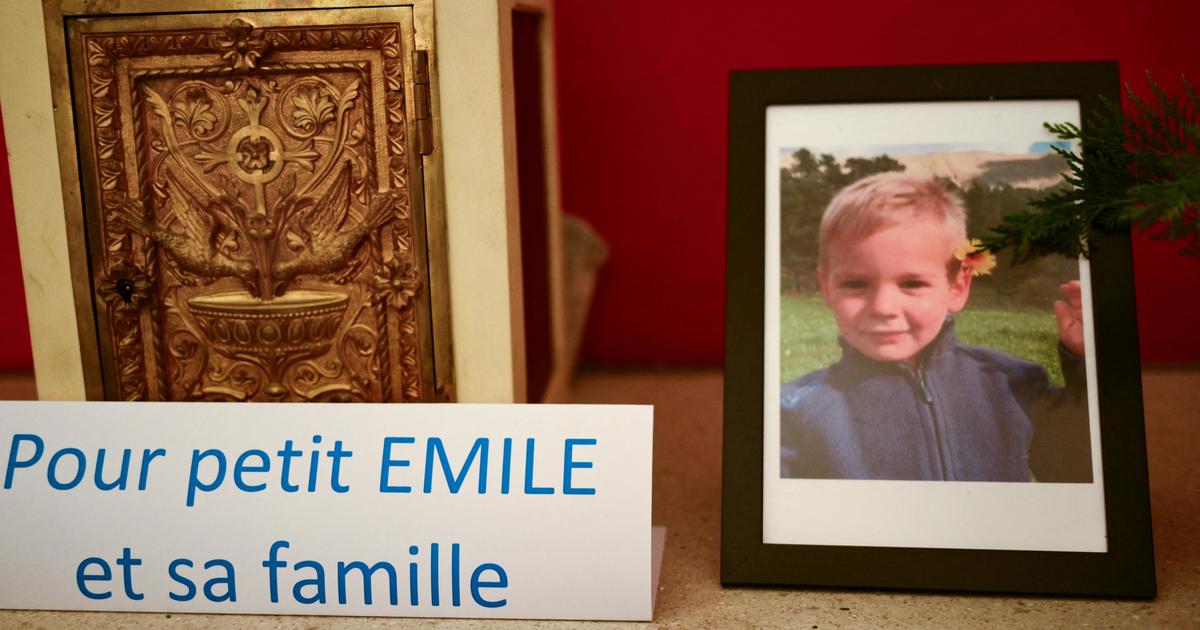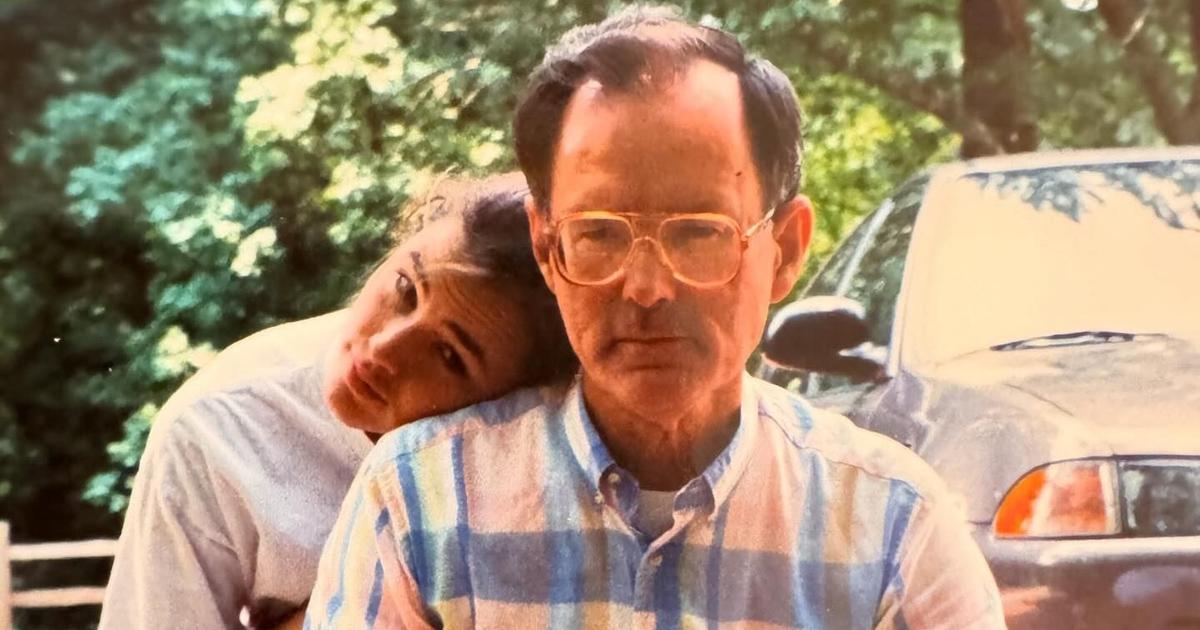One of the cruelest points about the Covid-19 is that it is priming with the elderly. "Its incidence and severity increase exponentially with age. Each decade from the age of 60 represents a higher risk, as evidenced by the fact that serious patients who die have a more advanced average age ”, comments José María Molero, expert in Infectious Diseases of the Spanish Society of Family and Community Medicine (SEMFYC).
Confirmed this, it is evident that throughout this crisis many grandparents are dying and will die. And not only that, they will also do it alone and without the possibility that neither children nor grandchildren will say goodbye. Not even to accompany some relatives to others in the mortuary, in the most difficult moments. Although we usually think about how much this can affect us adults when mourning, it is clear that children do too. The trance, in itself hard and complex, will be even more so due to the situation of confinement and physical withdrawal that we are experiencing.
Valeria Moriconi, coordinator of Psycho-oncology at the Aladina Foundation and member of the Official College of Psychologists of Madrid: “Obviously, not being able to fire a loved one is an impediment to expressing the emotions aroused by the loss. Professionals talk about the importance of including children in the farewell rites, at this moment impossible to do. It is time to facilitate symbolic rites that allow farewell and comfort in family: photos, diaries, letters, candles, songs, and everything that connects us with the loved one who is no longer there.
MORE INFORMATION
Caring for children and working at home: a difficult challenge in confinement
Eight false beliefs about children and confinement
Javier Barbero Gutiérrez, a psychologist specialized in palliative care and bioethics at the Madrid Official College of Psychologists, proposes “some parting rite with some symbolic aspect. A letter that we will take to the cemetery when we can leave; pick up a small gift from the grandfather or grandmother to keep it in a box as a permanent memory of their loving and generous presence… ”.
In any case, the sadness and helplessness of the little ones at the death during these weeks is going to be inevitable. As it would be at any other time. For this reason, experts in child and youth grief advise, as far as possible, to behave in the same way as if there were no confinement.
Always telling the truth is one of the keys. Moriconi explains it this way: “Both Children and adolescents need to know the truth as soon as possible. If not, they could be suspicious of adult caregivers "And he continues:" When we avoid talking about an issue that obviously affects us, children can receive messages such as "if mom and dad can't talk about this, it is surely a bad thing." Or "I can't talk about this because mom and dad will be even sadder." The child's fear of the unknown is worse than facing reality, since he can fantasize and create in his mind the worst imaginable situation or an incorrect reality. "
A good way to start is to explain what this disease consists of: "tell them what is happening, providing them with tools to express the emotions they feel about this situation," says Moriconi. For Barbero it is important for children to know that it is "a virus that affects older people and those with previous illnesses ...".
He assures that “with this crisis they will be surprised at how fast everything has gone. And it will be necessary to explain to them, in the case of the death of the grandfather or the grandmother, that we have to continue taking care of the elders we have left. ” Always leaving them to raise their doubts, their fears: “For example, ' and now who is going to take me to school when the virus is gone, if Grandpa is gone? Are you going to die too? '... If he notices that there is a communication block, he will swallow only the questions and the anguish that may accompany him. ” At the same time, the child must feel free to express his feelings and emotions: “Precisely because we love grandfather, precisely because he is very important to us, we are sad and express that sadness. Our sadness, however it is expressed, is the translation of our love. Because we neither go to nor want to forget about the grandfather or the grandmother ”.
Another of the peculiarities of this situation of confinement has to do with the lack of a wake, a meeting with those close to you that helps to overcome the emptiness and farewell. "An important element for the elaboration of the duel is to be able to count on a support network that gives you the possibility of expressing and ventilating the emotions that arise from day to day," says the psychologist from the Aladina Foundation. The solution, for children and adolescents, involves technology: “In these moments of isolation, it helps us to weave this web, even if it is in a different way. Adolescents in this area know very well how to make networks a resource for listening and support. ” Parents should encourage them to connect with their friends or cousins and to let off steam.
Valeria Morinoni concludes: “The most important thing to keep in mind is to transmit support and security; that the adult can listen without judgment or lies, accepting their emotions and questions, avoiding hiding information, favoring or improving intra-family communication ”.
You can follow De mamas & de papas on Facebook, Twitter or subscribe here to the Newsletter.








